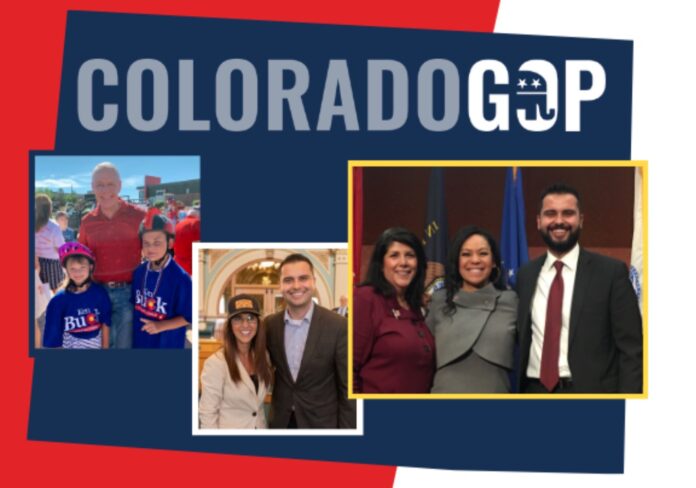The Colorado Republican Party has filed a lawsuit against Secretary of State Jena Griswold to overturn what the party sees as an unconstitutional open primary law.
“The Colorado Republican Party is suing to protect our right to have Republican voters choose our Republican nominees as guaranteed in the First Amendment,” the party said in a statement.
In 2016, Colorado Proposition 108 was passed by voters that allows unaffiliated voters to participate in primary elections in Colorado.
This is different from what the Alaska Republican Party had up until Ballot Measure 2 passed in 2020. Alaska Republicans allowed unaffiliated voters to take part in their primaries, but didn’t allow voters who were members of other parties.
The Colorado lawsuit is represented by attorney John Eastman, who previously represented Donald Trump after the 2020 election. The Colorado GOP claims that Proposition 108 infringes upon the party’s rights of free speech and association.
It’s the second time that Colorado Republicans have challenged the measure. A suit was filed by a handful of Colorado Republican officials, but was dismissed by a federal judge in 2022.
This lawsuit, however, has the full support of the party, which has new leadership under Chairman Dave Williams.
The party’s argument in the lawsuit says that unaffiliated voters participating in Republican primaries favor moderate candidate.
While the litigation is pending, Williams is also trying another method for extracting the party from the open primary. Prop. 108 allows parties to opt out of the system if three-quarters of the party’s central committee votes to do so. That vote is scheduled for September.
Alaska voters, under Ballot Measure II in 2020, made it so the Alaska Republican Party cannot pick its own nominees. Now, the party’s nominees are chosen by all voters. Constitutionalists see this as an infringement on the party’s First Amendment right of association, because people who are not part of the private association are getting to choose who represents the association.
After Alaska’s ballot measure passed in 2020, members of the Republican, Libertarian, and Alaskan Independence parties filed the lawsuit. The ballot measure was ultimately upheld by the liberally biased Alaska Supreme Court, leading to what is in place today — a completely open primary and a ranked-choice general election.
But Alaskans for Honest Elections, a group of local activists, has been trying to bring the matter back to voters with another ballot initiative. The group says it has 85% of the signatures it needs for a ballot initiative in 2024. But Alaskans for Honest Elections is facing nuisance lawsuits by Alaskans for Better Elections, the dark money group that brought the current system to voters, won their approval, and is now dedicated to defending open primaries and ranked-choice general elections.
